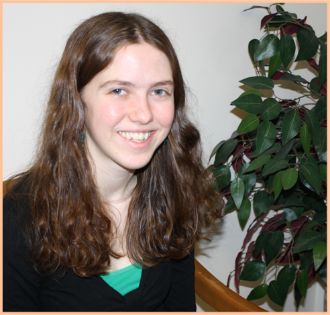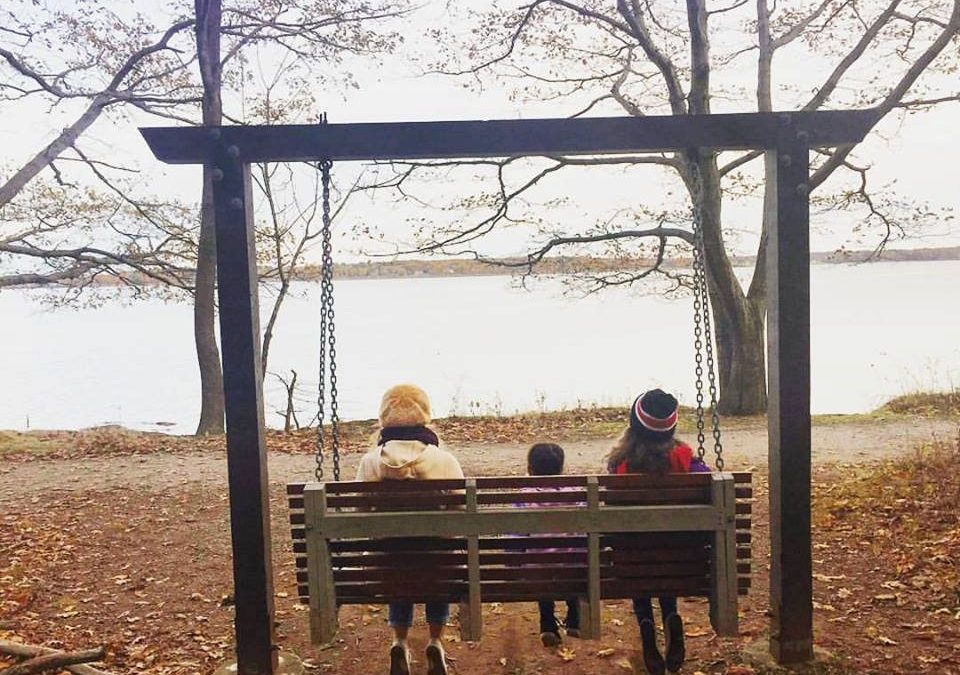The kids were so excited to start programs back up in September. On the first day of pick-ups, my husband and I both laughed when the adorable 7-year-old boy’s face appeared in the window. I hadn’t seen him all summer, and he was so excited to be back at the corps. His face was glowing with joy. He was excited that he’s finally turned 7, which means he can become a junior soldier. He asked if he could be enrolled that very night.
And then, as it so often does now, the conversation with the children turned to recent events. This bright, shining boy said with fear and horror, “I hope I never have to go to Charlottesville. I never want to go there. Do you know what happened in Charlottesville?”
And, of course I know what happened in Charlottesville, but it doesn’t make it much easier to hear a 7-year-old describe a car driving into a crowd because people think that my skin color makes me superior to him and his skin color.
The next day I saw an article in my local news about an attempted lynching of a young, black boy. This incident didn’t happen in Charlottesville. It didn’t happen in the Deep South. This happened in New Hampshire. This happened in my division. The victim in this case was only 8, younger than most of the kids who come to our programs—the wonderful, smart, intelligent, caring, loving kids—many of whom have darker skin than me. And I’m horrified to think how easily that bright, adorable boy could be hated by people with my skin color in my community.
So, yes, of course I know what happened in Charlottesville, and of course I denounce the white supremacists and Nazis who marched that day. But what do I have to say about the ones living in my neck of the woods?
As a White Northerner, it’s easy to dismiss racism as a “Southern” problem, to think that sort of thing just doesn’t happen up here. But racism isn’t a “southern” problem; it’s a White problem, and often a White Christian problem. It’s people who look like me and who quote my Scriptures that hate the kids I love so dearly. And I can’t pretend that it’s not happening in my world.
Do I know what’s happening in my community? Do you know what’s happening in your community? How can I be a good neighbor to those who are hurting in my backyard?
News Article: http://www.wbur.org/news/2017/09/13/new-hampshire-biracial-boy-lynching-style-attack

Jenny Clark
Jenny Clark is the Anti-Trafficking Ministries Coordinator for the Portland Salvation Army. Jenny has been involved with the Salvation Army for nine years and has a strong passion to work for human rights and social justice.


Photo credit: Dr. Verity Ramirez